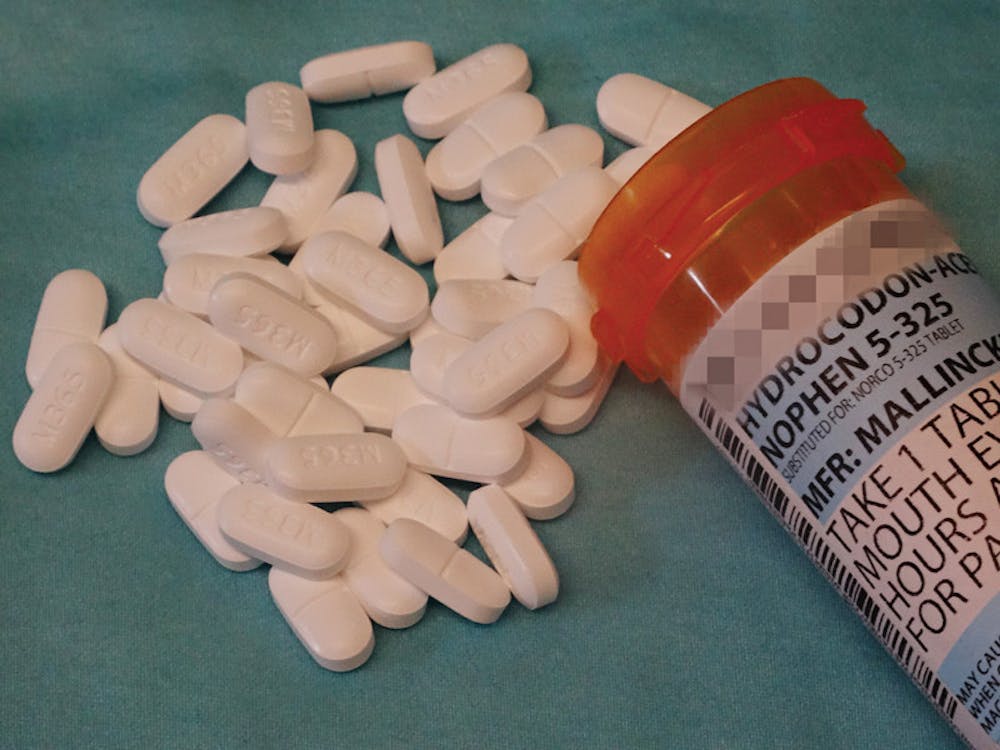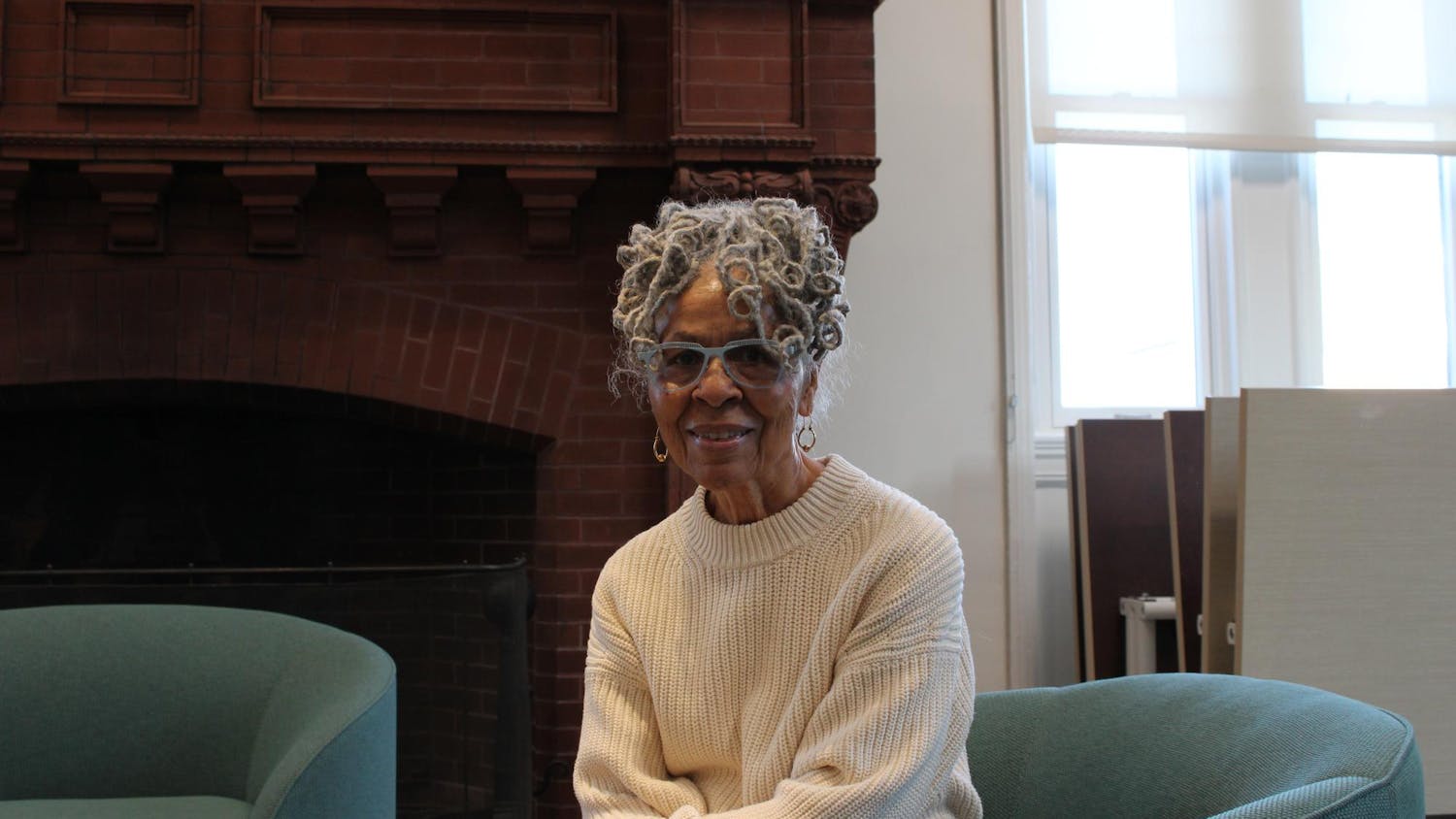The terms “opioids,” “naloxone” and “rescue breathing” are unknown to many, but the makers behind “Staying Alive On the Outside” are looking to change that.
“Staying Alive,” an educational video on drug overdose prevention, serves as both a narrative about the deadly effects of opioid overdoses and as a form of instruction for what to do if someone overdoses. The creation of the video was led by a group of University researchers and funded by the National Institute on Drug Abuse.
This past month, the researchers won a Bronze Telly Award in Online Video for excellence in video and television as part of the 35th Annual Telly Awards. The Telly Awards honors film, video, online video and commercials and is “one of the most sought-after awards by industry leaders, from large international firms to local production companies and ad agencies,” according to the Telly Awards website.
Opioids are substances that inhibit the transmission of pain and include well-known drugs such as morphine and heroin. The researchers chose to focus their efforts on preventing overdoses among recently released prisoners who have struggled with opioid addiction. This population is at high risk of an overdose when leaving prison because upon release, former inmates often revert to their previous dosage despite a decrease in tolerance.
“It’s the same kind of tolerance that all of us experience after you take a break from caffeine and come back to it,” said Traci Green, assistant professor of emergency medicine and epidemiology and one of the lead researchers behind the project. “Similarly with opioids, that’s the cycle that happens with the prison inmates who are opioid dependent going into prison. When they go through a period of forced abstinence by not being able to use on the inside (of prison) and are released back into the community and back to using, their body is not accustomed to that.”
“Staying Alive” offers individuals, regardless of whether they have been in prison, advice on how to help themselves and others avoid opioid overdose. The first step for soon-to-be released prisoners is to form a game plan for asking for help and seeking treatment upon release. From there, those around them can look out for signs that may lead to an overdose, such as the mixing of drugs and high dosage levels right after prison release. Finally, the video gives comprehensive instructions on what to do when someone overdoses — calling 911, conducting rescue breathing and administering Narcan, otherwise known as naloxone, a drug that blocks the effects of the opioid.
“We really felt there were three things lacking from existing videos” on overdose prevention, Green said. First, other videos neglected members of this population and the unique challenges they face during their transition back into their community. Second, they did not incorporate “behavior change theory.” Lastly, they aimed only to educate viewers, rather than to also make them participate as educators themselves in preventing overdose, Green said.
Rhode Island has up to 30 opioid-related deaths per month, according to a Lifespan press release, a high rate that was an incentive for researchers to create the video.
“We have to provide treatment for people who are already hooked and try to find the support to get them back to being productive at home and enjoying their life rather than having their lives taken over by drug use,” said Josiah Rich, professor of medicine and epidemiology, and the principle investigator of the project.
Since its release, the video has been shown in a local prison as well as prisons around the country, Green said, adding that Rhode Island Hospital and Miriam Hospital are using the video to train emergency staff. The video is also available online.
“I think getting the (Telly) award is obviously a tremendous honor, but when we created it, we didn’t create it to get awards,” Rich said. “We created it to get it out there … Having an award gives us more of an opportunity to get the word out.”
Sarah Bowman, project manager of a related study at the Rhode Island Hospital, emphasized the importance of the general increase in knowledge and education surrounding drug overdose and treatment. “It is valuable for everyone to see themselves, their community and families and their experiences reflected in the material that we’re generating. We’re certainly just one part of that.”

ADVERTISEMENT




